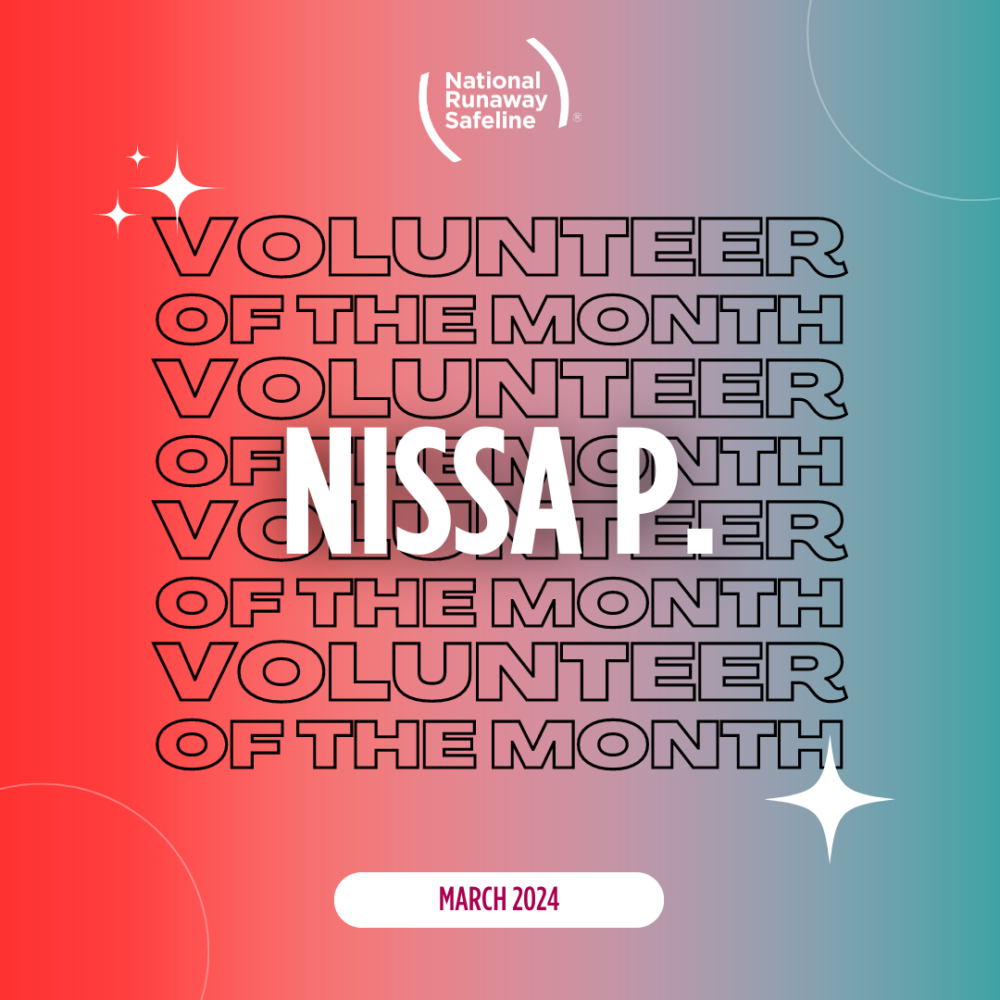
May is National Foster Care Month, a time to recognize foster parents, family members, volunteers, policymakers, child welfare professionals and others who help children and youth in foster care find permanent homes and connections. The theme of this year’s month-long campaign – Strengthening Minds, Uplifting Families – reinforces the need to focus on the mental health of children and youth in foster care.
Children enter foster care because they or their families are in crisis. Oftentimes, these children – who range in age from newborns to teens – have experienced unsafe conditions, abuse, neglect or have parents who are unable to care for them.
Today there are more than 391,000 children and youth in foster care. Approximately 80% of these children face significant mental health issues compared to nearly 50% of adolescents in the general population. And according to the American Academy of Pediatrics, mental and behavioral health is the largest unmet health need for children and teens in foster care.
To meaningfully address the mental health needs of children, youth and young adults in foster care, we must adopt a holistic approach. Investing in culturally appropriate mental health supports is essential to providing effective services and improving long-term outcomes for children and youth in foster care. Every individual has a unique identity, culture and lived experience that should be recognized and respected.
While foster care is designed to provide temporary housing and care for children and adolescents until they can be reunited with their family, taken in by relatives, adopted or emancipated as an adult, sadly, too often, youth that pass through the foster care system fail to find permanent homes, transitioning from one living situation to another.
“We hear from youth who have aged out of the foster care system and are struggling in their daily lives. Many are experiencing homelessness, and without family member to turn to, need support and resource referrals that can help address their financial, emotional and physical wellbeing,” said Jessica Jasurda, Director of Crisis Services at the National Runaway Safeline (NRS), “We also respond to young people currently in foster care who need a trusted, anonymous place to turn for help and guidance.”
NRS offers a non-judgmental listening ear and is a source of assistance for youth in crisis. Through our 24/7 Crisis Center, we provide a safe space for all youth to share their experiences, express their concerns and seek guidance and critical resources.
National Foster Care Month serves as an important reminder of the challenges faced by children and youth in foster care, particularly regarding their mental health. Let us come together to raise awareness, promote understanding and take meaningful action to support the mental health needs of children and youth in foster care and their caregivers.
Find more information about National Foster Care Month on the Children’s Bureau website.






